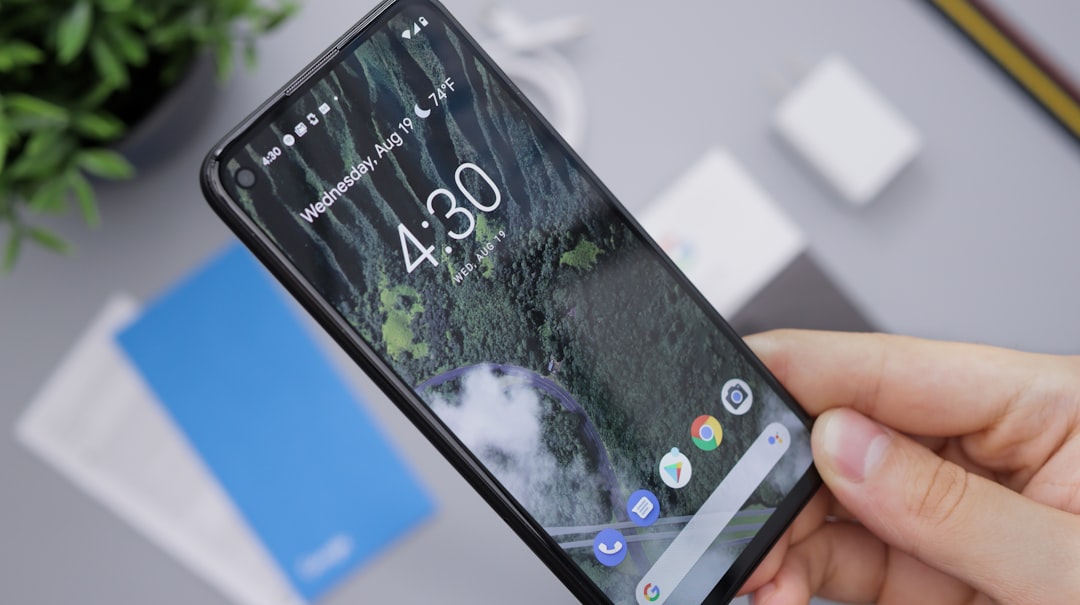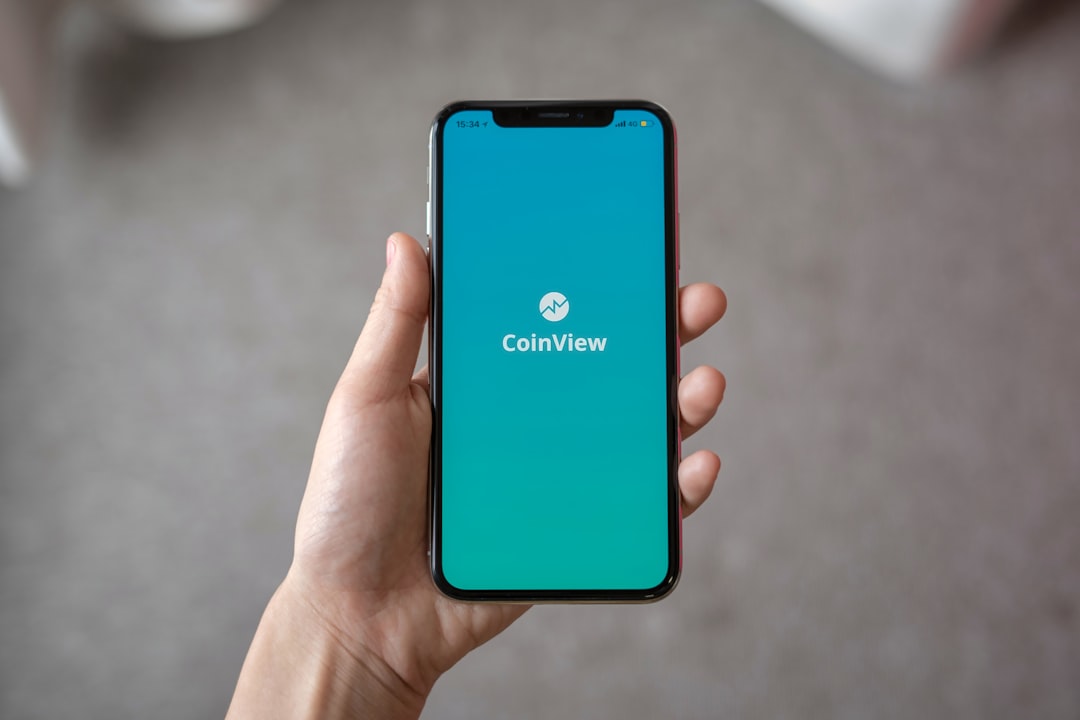Robocall laws in North Dakota protect residents from unsolicited marketing calls. Violations can lead to fines and legal issues. Consulting a qualified Robocall Lawyer or Attorney is crucial for guidance, building cases, and recovering compensation for privacy invasion. To join a class-action lawsuit against robocallers, individuals must meet specific criteria and be evaluated by a lawyer. Specialized robocall lawyers navigate telemarketing regulations and help victims collectively seek compensation. Legal action requires collecting evidence and identifying potential plaintiffs with the assistance of an expert lawyer. Successes have included monetary settlements and changes in calling practices, enhancing transparency for all North Dakotans.
Tired of unwanted robocalls? You’re not alone. In Fargo, North Dakota, these automated calls can be a nuisance and even a violation of your privacy. But don’t lose hope—you may be eligible to file a class-action lawsuit against robocallers with the help of a robocall lawyer North Dakota. This article guides you through understanding robocall laws in North Dakota, evaluating eligibility criteria for class action suits, and outlining the steps to file along with success stories and common outcomes. Find out how a robocall attorney North Dakota or robocall law firm North Dakota can assist you.
Understanding Robocall Laws in North Dakota
In North Dakota, robocall laws are designed to protect residents from unsolicited phone marketing calls, including automated or prerecorded messages. The North Dakota Century Code § 58-13-06 regulates such practices, stipulating that businesses must obtain prior explicit consent before making robocalls. Violations can result in significant fines and legal repercussions for the offenders.
If you’ve been a victim of unwanted robocalls in Fargo, understanding your rights under these laws is crucial. A qualified Robocall Lawyer North Dakota, or Robocall Attorney North Dakota from a reputable law firm like [Law Firm Name], can help navigate the complexities of these regulations. They can assist in building a strong case against the robocallers and ensure you receive the compensation you deserve for the intrusion into your privacy.
Eligibility Criteria for Class Action Suits
In order to be eligible for a class-action lawsuit against robocallers in Fargo or anywhere in North Dakota, individuals must meet specific criteria. Typically, this includes being a member of the proposed class, which is defined by shared characteristics and experiences related to the robocalls received. For instance, all plaintiffs would likely have engaged with automated phone calls from the same or similar entities, under circumstances that breach privacy laws or are considered deceptive practices.
A robust robocall lawyer in North Dakota will help assess if you qualify for such a lawsuit. They can guide potential plaintiffs on whether their experiences align with common issues faced by others, potentially affected by the same automated calling campaigns. This evaluation is crucial as class-action lawsuits require a significant number of individuals to ensure substantial legal impact and equitable redress for all victims of the robocallers’ activities.
The Role of a Robocall Lawyer in Fargo
In Fargo, as across North Dakota, the proliferation of unwanted robocalls has become a significant issue, leading many individuals to seek legal recourse. This is where a specialized robocall lawyer comes into play. These attorneys are equipped with the knowledge and expertise to handle complex cases involving automated phone calls, which often violate consumer privacy laws. They navigate the intricate regulations surrounding telemarketing practices, ensuring that clients’ rights are protected.
A robocall attorney in North Dakota will help you understand your legal options and guide you through the process of filing a class-action lawsuit. Their role involves thorough investigation, gathering evidence, and crafting legal strategies to hold robocallers accountable for their actions. With their expertise, victims of unsolicited calls can collectively seek compensation and put an end to these intrusive marketing tactics.
Steps to File a Class Action Lawsuit
Filing a class-action lawsuit against robocallers in Fargo involves several key steps. First, gather evidence of the robocalls you’ve received, including call logs, recordings, and any communication with the callers. This documentation will be crucial for building your case. Next, identify other individuals who may have been affected by the same robocall campaign; this could be done through social media, community forums, or local consumer protection agencies.
Once you’ve confirmed a group of potential plaintiffs, consult with a qualified robocall lawyer in North Dakota. A seasoned robocall attorney can guide you through the legal process, help draft and file the lawsuit, and represent your interests in court. Choose a reputable robocall law firm that specializes in consumer protection lawsuits, as they’ll have the expertise to navigate the complexities of such cases. Remember, working with the right legal professionals significantly increases your chances of achieving justice and recovering any damages incurred due to unwanted robocalls.
Success Stories and Common Outcomes
When individuals in Fargo, North Dakota, band together to file a class-action lawsuit against robocallers, they often achieve significant victories. Success stories range from substantial monetary settlements to lasting changes in robocalling practices. These cases not only provide financial redress for victims but also set precedents that hold robocallers and their lawyers accountable. Common outcomes include cash payments to plaintiffs, restrictions on automated calling practices, and improved transparency in marketing campaigns.
Many residents have found robust legal representation through specialized robocall lawyers in North Dakota. These attorneys and law firms, armed with expertise in consumer protection laws, have successfully argued cases that led to refunds, apologies, and changes in company policies. Their efforts not only protect individuals from harmful robocalls but also contribute to a safer, more transparent digital landscape for the entire state.






